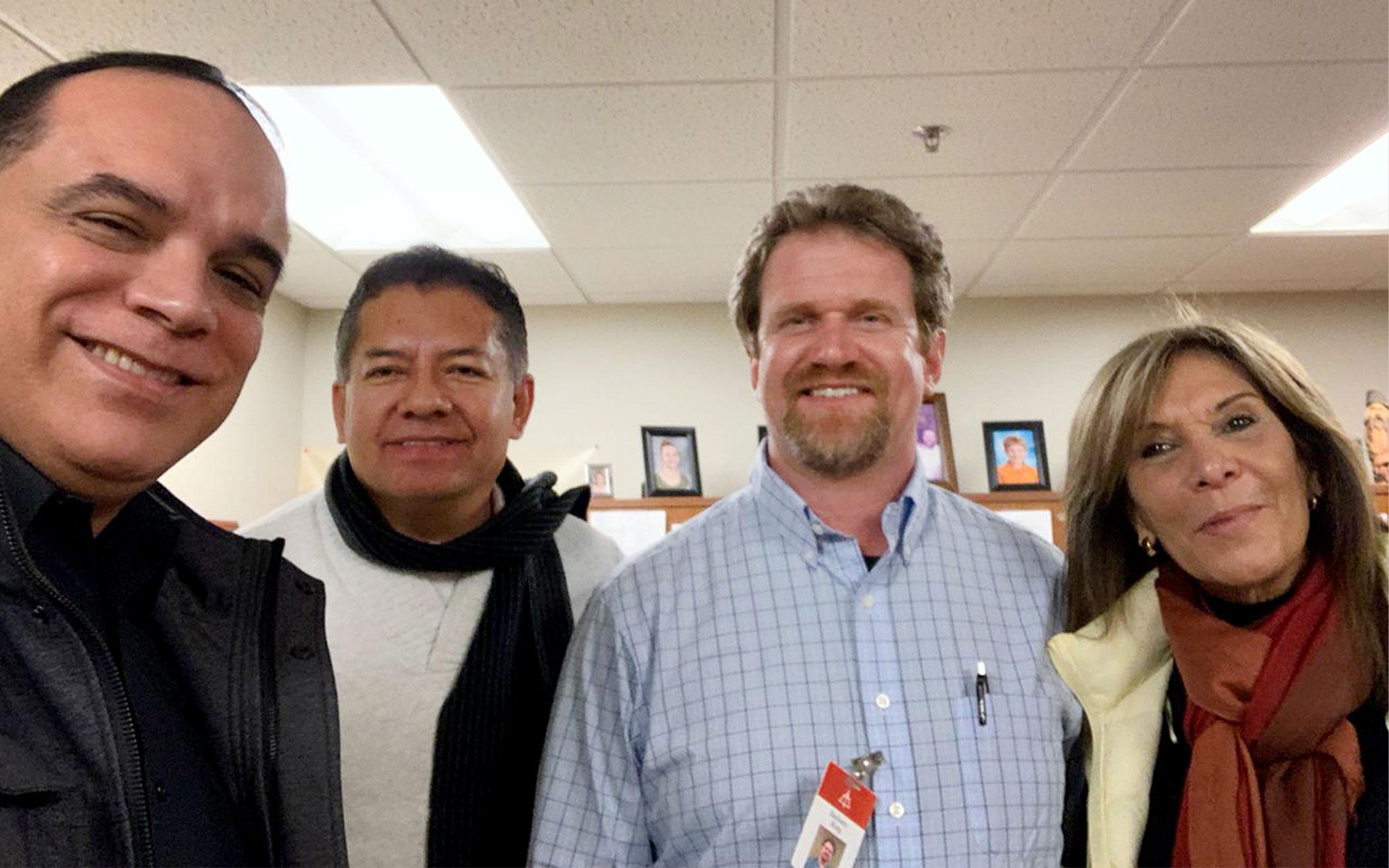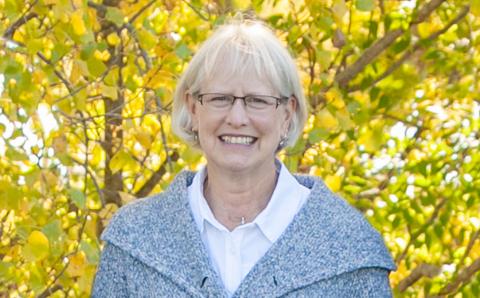Thirty-eight Venezuelan churches are in the process of joining the Christian Reformed Church in North America via Classis California South. They’re drawn by the denomination’s doctrine and theology, said Mirtha Villafane, pastor of Latin American CRC in Anaheim, Calif., and an initial connection point for the Venezualen churches. Villafane is a board member of the Hispanic ministry network Consejo Latino. Three years ago she met with a pastor friend from Venezuela for coffee in Los Angeles. José Piñero pastors el Centro Cristiano de Los Tegues in Venezuela and holds many positions of Christian leadership including director of the Latin Evangelical Alliance. Piñero quizzed Villafane on the CRCNA and found himself agreeing with all her answers. “He was thrilled,” Villafane said. “He was looking for a denomination with the same (Reformed) beliefs to affiliate with. And here we are: after three long years, they are with us.”
New Territory
“We have never done anything like this before,” Classis California South Stated Clerk Cor Pool said of the international affiliation. “This is a first. A dream, which is becoming a reality!” This new thing came to Classis California South through Villafane and Consejo Latino president Harold Caicedo, two pastors within the classis. Piñero was involved with other Venezuelan churches also seeking affiliation. Caicedo and Villafane brought their affiliation request to Colin Watson, then executive director of the CRCNA. In fall of 2021 they made a formal request for affiliation to the classis vision team. In the classis meeting on March 3, recalled Villafane, “One of our pastors suggested to receive them (the Venezuelan churches) with full membership. Of course it changed everything. Our classis voted, and the motion passed. We were thrilled for this decision, and Colin Watson was there to give us full support.” Now a sub-committee from the classis vision team, on which Villafane serves, is handling the logistics. Pool said some things are still in discussion: Will they require extra classis meetings? Which host churches have sufficient internet to host classis meetings over Zoom? What about joint projects, finances? And there is still a lot of administrative work. That includes “translation of forms, formal affiliation requests from (each of) the Venezuelan churches and pastors, and (the) credentialing process and training for pastors either as minister of the Word or commissioned pastor,” Pool said.
‘Mission From Everywhere to Everywhere’
Zachary King, now general secretary for the CRC and formally director of Resonate Global Mission, confirmed this is new not just for Classis California South but for the denomination. “I am not aware that this has ever happened before in this way,” he said. It’s true that congregations outside of North America have been interested in joining the CRCNA before, but “with a few exceptions, churches outside North America were encouraged to enter into ecclesiastical fellowship with the CRC and affiliate with a national church body.” Instead of planting churches, CRC missionaries abroad “generally supported local churches and leaders to plant their own churches and denominations, which eventually entered into ecclesiastical fellowship or dialogue (our two ecumenical categories) with the CRCNA.”
But something new is happening as leaders from other countries plant CRC churches within North America while staying connected to their home countries: “They (those pastors resettled in North America) can often have a huge impact in their country of origin for mission,” King said. “We call this ‘mission from everywhere to everywhere,’ and that is why we merged Christian Reformed Home and World Missions in 2017.” In one way, it isn’t new at all; King mentioned that the CRC in Canada started from American pastors and missionaries who established congregations in Canadian provinces adjacent to their states.
There will be challenges in this process, said King, including for CRCNA leaders to avoid paternalism and to encourage congregations to still connect with their national church peers. “Governance and ministry systems must adapt and we must grow in our cultural intelligence and love for diverse people,” King said.
‘Developing the Affiliation Processes as We Go’
Susan LaClear, director of Candidacy, which shepherds the process of preparing pastors for ministry, explained some of those system adaptations: “All of our pathways for ministerial affiliation in the CRC (Arts. 6, 8, 23, and 24 of Church Order) were designed with Americans and Canadians in mind, so the unique contexts and learning objectives of people from other countries were not considered in the design.” There are some obvious changes to make, such as translating all the forms, training, and processes of candidacy into Spanish. But beyond that, LaClear said, the denomination needs to remain attentive to the experience and learning objectives of the pastors and alert to voices like Villafane, who is both deeply Reformed and Venezuelen, and who can bridge the two groups. “We trust her to keep us aware of the needs that surface and help us tweak and develop the affiliation processes as we go, so that our pathways can flex in appropriate ways to best equip these affiliating pastors,” LaClear said.
It's hard to predict a timeline on an untrodden path, and those working through the process can’t say exactly when the 38 Venezuelan churches might fully join the CRC. Asked if he expects many more affiliations from outside of North America, King said it’s probable. “Immigration, globalization, and the internet have ‘shrunk’ our world so that it is easier to connect with and support each other,” and at the same time North America is receiving more missionaries from diverse nations, who will keep the churches they plant here connected to their home countries. “This movement could strengthen the CRC by helping us to become a more ethnically diverse, biblically rooted, and spiritually engaged denomination,” King said.
About the Author
Maia VanderMeer is a freelance news correspondent for The Banner. She lives in Mission, B.C.








